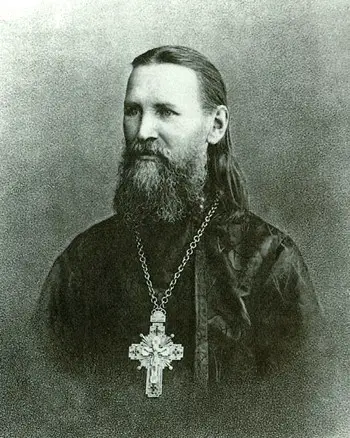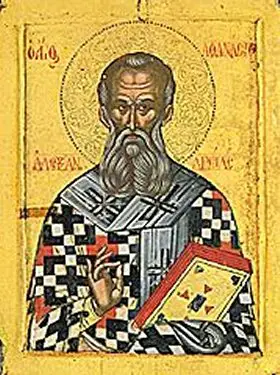“Teach him to sing those psalms which are so full of love of wisdom; as at once concerning chastity or rather, before all, of not companying with the wicked, immediately with the very beginning of the book; (for therefore also it was that that prophet began on this wise, ‘Blessed is the man that hath not walked in the counsel of the ungodly’; Ps. i. I, and again, ‘I have not say in the council of vanity’; Ps. xxvi. 4, Sept., and again, ‘in his sight a wicked doer is contemned, but he honoreth those that fear the Lord,’ Ps. xv. 4, Sept.,) of companying the good, (and these subjects thou wilt find there in abundance,) of restraining the belly, of restraining the hand, of refraining from excess, of not overreaching; that money is nothing nor glory, and other things such like[…]When in these thou hast led him on from childhood, by little and little thou wilt lead him forward even to the higher things. The Psalms contain things, but the Hymns again have nothing human. When he has been instructed out of the Psalms, he will then know hymns also , as a diviner thing.”
— St. John Chrysostom, Homilies on Colossians, Homily 9










